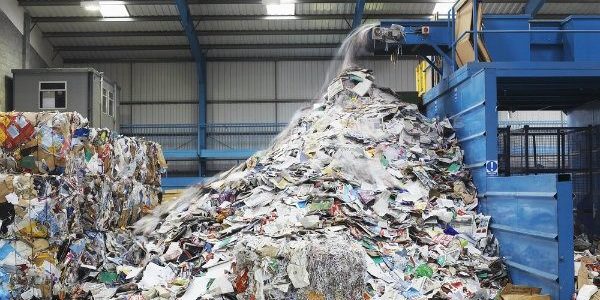ABSTRACT: Geopolymer is an eco-friendly concrete replacement of Ordinary Portland concrete and possesses strength similar to or greater than the conventional concrete. Geopolymer concrete is a combination of fly ash or GGBS or both along with hydroxide and silicate solutions. In this paper, a combination of both fly ash and GGBS were used to make geopolymer concrete along with sodium hydroxide and sodium silicate solutions. This paper focuses on the study of reinforced geopolymer concrete columns. The objectives of this paper are to experimentally study the ultimate axial load and shorting of geopolymer columns with varying strengths under axial loading. The experimental study included testing of two geopolymer concrete short columns and two conventional concrete short columns. In addition, the behaviours of columns of geopolymer concrete were studied. The behaviours include toughness, stiffness and ductility. The effects of different variables were considered and experimentally investigated in the current study. The tested four columns reflect these variables which are the effect of the grade of parent concrete that the geopolymer materials were made of and the quality of the concrete of the parent concrete mix. Each column was loaded to failure and some topics were covered through the analysis of the test results. All columns that possessed slag with replacement ratio of fly ash showed upper ultimate carrying capacities, lower stiffness values, and lower toughness values when compared with the conventional columns. Increasing the grade of the parent concrete of the geopolymer concrete decreases each of the reduction of the stiffness and toughness of the tested columns.


